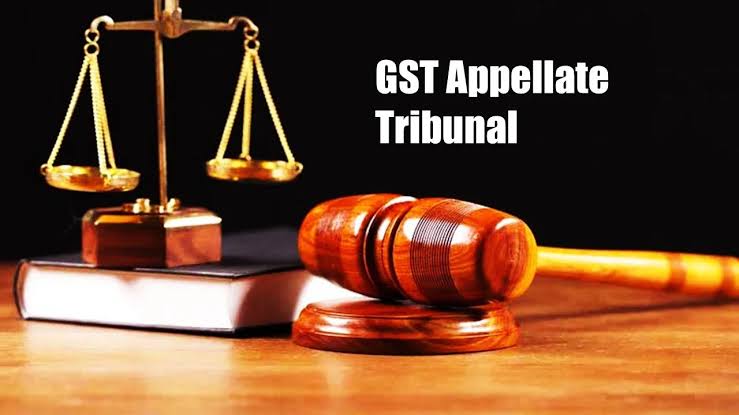*GST Appellate Tribunal (Procedure) Rules, 2025*
The Government of India has introduced a comprehensive procedural framework for the functioning of the GST Appellate Tribunal under Section 111 of the Central Goods and Services Tax (CGST) Act, 2017.
1. Commencement & Applicability
✓ Rules effective from 24th April 2025 (date of Gazette notification)
✓ Applicable to all appeals filed before the GST Appellate Tribunal
⸻
2. Definitions and Structure
✓ Tribunal includes Principal & State Benches under Section 109
✓ Comprises Judicial and Technical Members
✓ Authorised representatives and appeal formats clearly defined.
3. Tribunal Operations
✓ Bench Timings:
▪ Morning: 10:30 AM – 1:30 PM
▪ Afternoon: 2:30 PM – 4:30 PM
✓ Office Working Hours: 9:30 AM – 6:00 PM
✓ Benches to sit at locations notified by the Central Government
4. Filing of Appeals
✓ Online filing via the GSTAT Portal in prescribed format
✓ Appeal must include:
▪ Statement of facts and legal grounds
▪ Full party details with GSTIN
▪ Certified or attested copy of impugned order
✓ Each paragraph to contain a separate point or argument
5. Time Computation & Delay Condonation
✓ Tribunal will exclude holidays while calculating time limits
✓ Delay in filing can be condoned with sufficient cause.
6. Registry & Record Management
✓ Registrar handles appeal scrutiny, registry, and records
✓ Maintains daily cause lists and communication handling
✓ All documents must be in English or translated copies provided
7. Hearings & Orders
✓ Public hearings unless otherwise directed
✓ If appellant is absent, appeal may be dismissed or heard ex parte
✓ If respondent is absent, matter may be decided ex parte
✓ Additional evidence only permitted by Tribunal approval
✓ Orders signed and dated by bench members and uploaded online.
8. Cause Lists
✓ Daily hearing lists published on the GSTAT portal
✓ Priority given to urgent and previously heard matters
✓ Postponed hearings rescheduled with new notifications.
9. Miscellaneous Applications
✓ Applications (delay condonation, adjournment, early hearing) to be in prescribed format
✓ Must include affidavit and proper documentation.
10. Representation & Power of Attorney
✓ Authorised representatives must file valid authority letters
✓ Tribunal can summon witnesses or call for records where necessary
11. Orders & Publication
✓ Final orders can be published if deemed appropriate
✓ Case status and orders to be uploaded for transparency.
*These rules pave the way for a structured, digital, and efficient GST dispute resolution system, providing greater clarity and transparency for taxpayers and authorities alike.*



